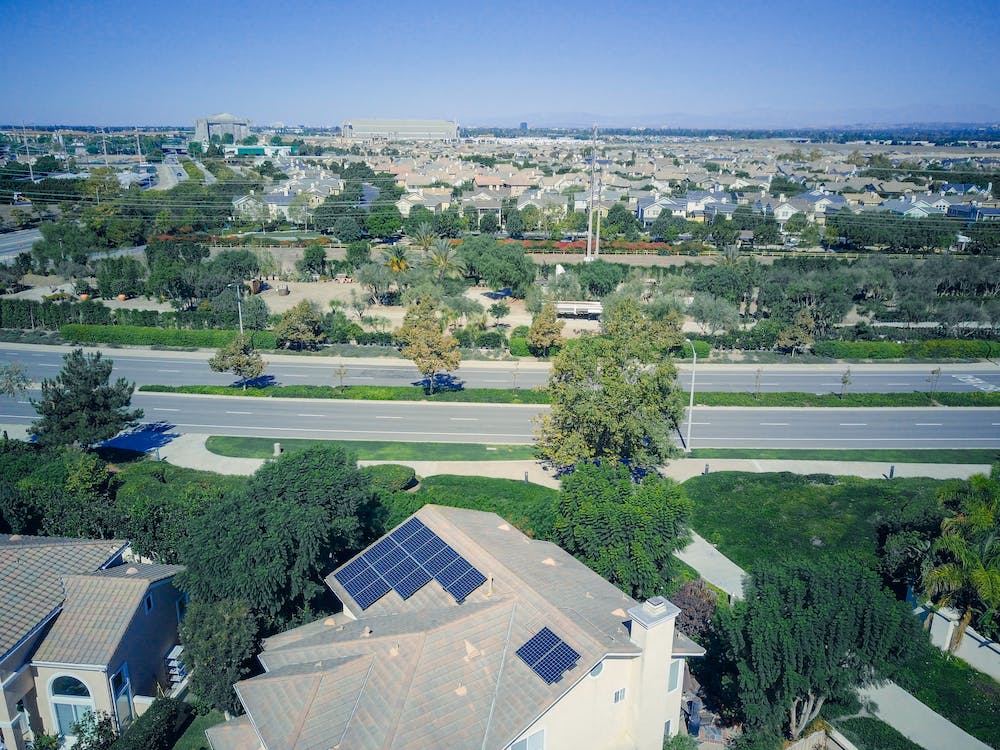Emphasis on Solar Energy Use in Bloomington’s City Programs
In its ongoing efforts to promote renewable energy adoption, the City of Bloomington’s Department of Economic and Sustainable Development is implementing two key initiatives designed to facilitate the transition to solar energy for residences, non-profit entities, and small businesses within the city limits in 2023.
The programs, known as the Bloomington Green Home Improvement Program (BGHIP) and the Solar, Energy Efficiency, & Lighting Program (SEEL), were initiated in 2021 with the principal objective of financing renewable energy installations, thereby accelerating the uptake of clean energy within the city of Bloomington.
Mckaylyn Lynch, the Department’s sustainability program coordinator, revealed that for the current year, both initiatives would partner with MPI Solar, a leading solar energy solutions provider, who will take over solar installations for approved applicants under both programs.
To ensure efficient project management given the increasing volume of work, Lynch explained that they have segmented the SEEL application process into cohorts, while the BGHIP application process remains open throughout the year. The initial cohort for the SEEL initiative closes applications on February 24, with the subsequent cohort’s application process commencing just a week later.
David Mann, the founder, and president of MPI Solar, expressed enthusiasm about the partnership with the city, where they will serve as the primary solar energy provider for the two initiatives. He further highlighted one of the approved applicants under the SEEL program, the Community Kitchen, which will soon see MPI Solar undertaking design and installation work for its solar energy system.
The BGHIP, Lynch explained, primarily targets homeowners, and has entered strategic partnerships with the Hoosier Hills Credit Union and Clean Energy Credit Union. These collaborations enable discounted interest rates on financing for energy efficiency programs and solar installations specifically tailored for Bloomington homeowners. The partnerships have facilitated discounted loans and substantial rebates for households earning $150,000 or less annually.
The SEEL program, while bearing similarity to BGHIP, is more focused on assisting non-profit organizations and businesses in Bloomington to transition to solar energy. From 2023 onwards, small businesses have also been included in the program’s ambit.
In its journey towards a greener future, Bloomington is also working with the Solar Indiana Renewable Energy Network (SIREN), a volunteer-run non-profit organization dedicated to promoting and educating about solar power systems. SIREN’s steering committee member, Darrell Boggess, emphasized their role in enhancing public understanding of solar energy adoption.
Bloomington’s efforts in advancing solar energy have received federal funding, with additional grants for larger installations aimed at increasing the city’s solar capacity. Anne Hedin, another SIREN steering committee member, credited the City of Bloomington’s progressive decisions towards solar energy adoption over the past six years to its partnership with SIREN. Hedin emphasized SIREN’s involvement in facilitating informed decision-making among consumers, thereby promoting more efficient and cost-effective solar adoption within the city.






